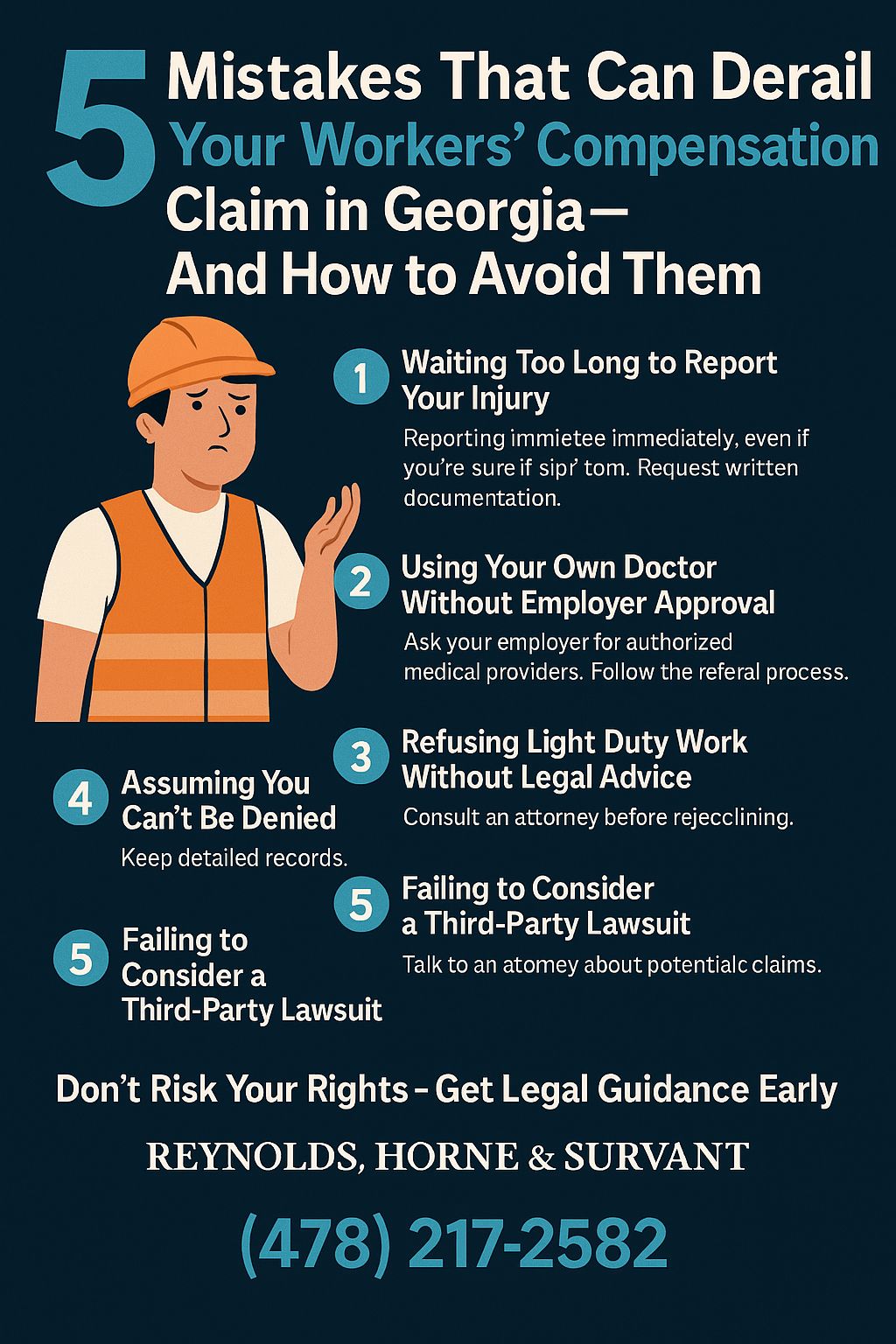In Reese v. Ford Motor Company, The plaintiffs obtained a verdict against Ford for $3M, which was reversed on appeal. In the second trial, the jury gave a defense verdict (tough break!).
The plaintiffs filed an extraordinary motion for new trial. The basis of the motion was that Ford, in responding to discovery, had misled them by failing to disclose insurance policy information. In discovery, the plaintiffs asked Ford to produce copies of any relevant insurance policies. Ford’s response, which we see from corporate defendants from time to time, was that it had “sufficient resources to cover any reasonable judgment that could be expected to be awarded as damages in this action.”
The trial court ruled this was misleading, because the response implied Ford was entirely self-insured, when in reality it was only self-insured up to $2M. Ford also failed to disclose insurance information on the pre-trial order. The trial court then held that, because plaintiffs were entitled to qualify jurors as to Ford’s insurance, and given Ford’s concealment of insurance information, plaintiffs were entitled to a new trial.
The Court of Appeals upheld the trial court ruling, and found that Ford’s failure to disclose insurance prevented the jury from being properly qualified.
If at first you don’t succeed (or if you do and you get reversed), try, try again!





